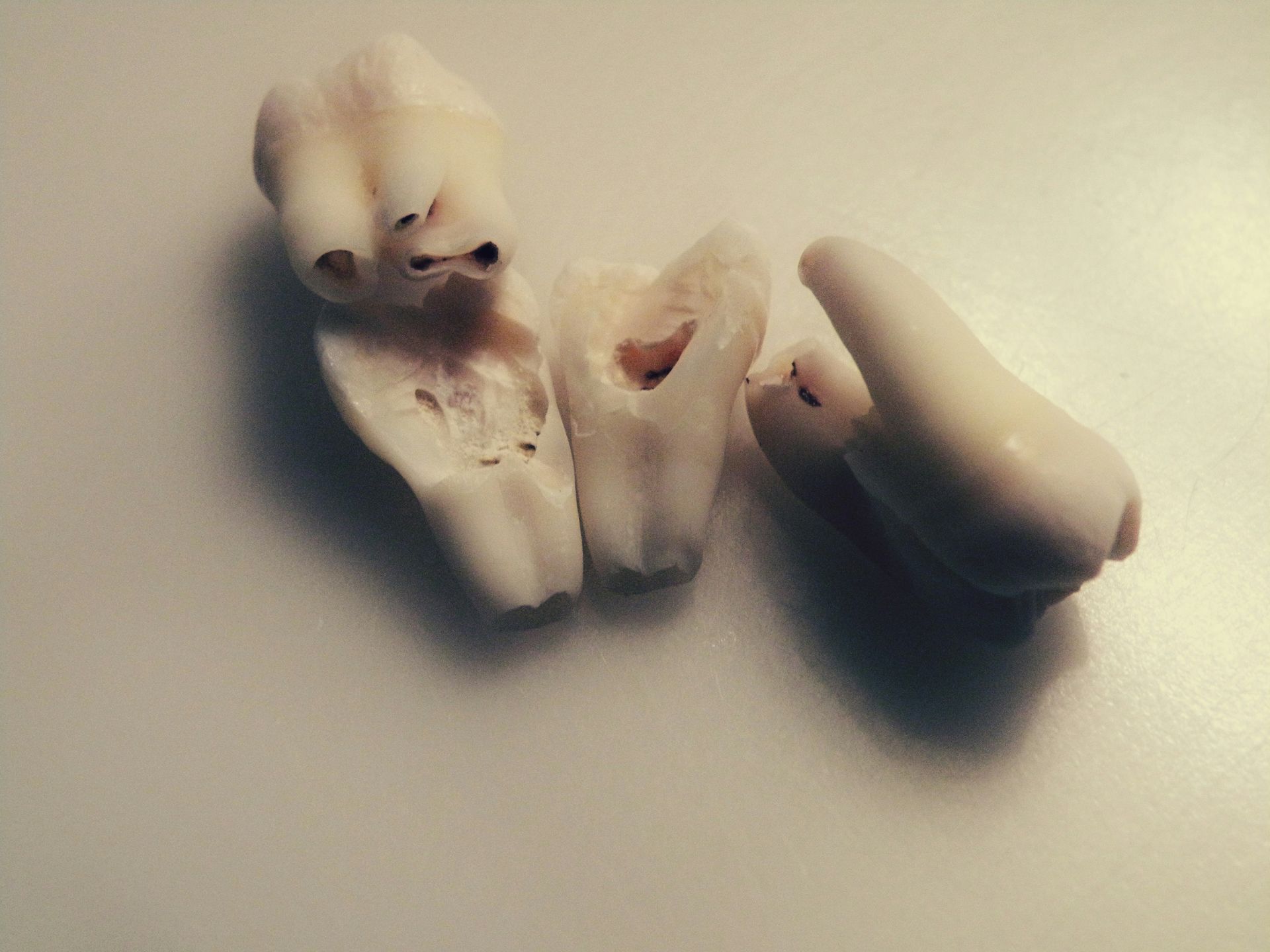Tooth Extractions

Why do I need an tooth extraction?
Tooth extractions can be necessary for several reasons, with severe tooth pain often being the most common cause. When pain is affecting the tooth's nerve roots, extraction may be recommended if other treatments cannot save the tooth. While tooth extraction can relieve discomfort, it is usually considered a last resort after attempts to preserve the tooth have been exhausted.
It’s important to note that extractions are typically avoided because no dental prosthetic can truly replicate the function and feel of natural teeth. While prosthetics may only last a few years, your natural teeth—if properly cared for—can last a lifetime.
Other reasons a tooth extraction may be done is to prepare for braces. When you have braces that need to be put on your teeth the orthodontist may request that certain teeth be extracted to minimize the chance of overcrowding. By making room in your mouth you ensure that the braces will be successful in making your teeth straight.
If a dentist is performing a root canal on your tooth to try and save the decayed tooth but notices it is futile, an tooth extraction may be in order. Because the tooth decay has to be removed during a root canal it may be possible that while exploring the dentist find the tooth is too far gone. If this happens a tooth extraction is in order in order to relieve pain and solve the patients ailments.
Wisdom Tooth Extraction
Wisdom tooth extractions differ significantly from other tooth extractions. This is because wisdom teeth are more firmly anchored in the jawbone compared to other teeth. As a result, their removal often involves more interaction with the jawbone to extract the tooth completely. Due to the complexity of the procedure, sedation is sometimes recommended to ensure the patient’s comfort throughout the entire process. That’s why it’s essential to have an experienced dentist perform the extraction.
Wisdom teeth may require a CT scan to visualize the structures around the teeth. This advanced imaging helps us identify any nerves or blood vessels that may be in close contact with the tooth roots. By reviewing the scan with a dental radiologist beforehand, our dentist can ensure that your wisdom tooth is extracted in the safest and most comfortable way possible.
If sedation is needed for the procedure, we offer both intravenous (IV) and oral sedation options to maximize your comfort. We can provide an oral regimen the night before the procedure and supplement it with nitrous oxide or an IV sedation option to keep you relaxed and at ease.
